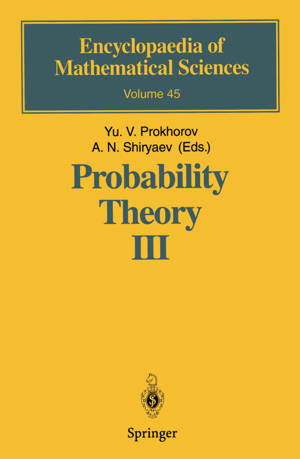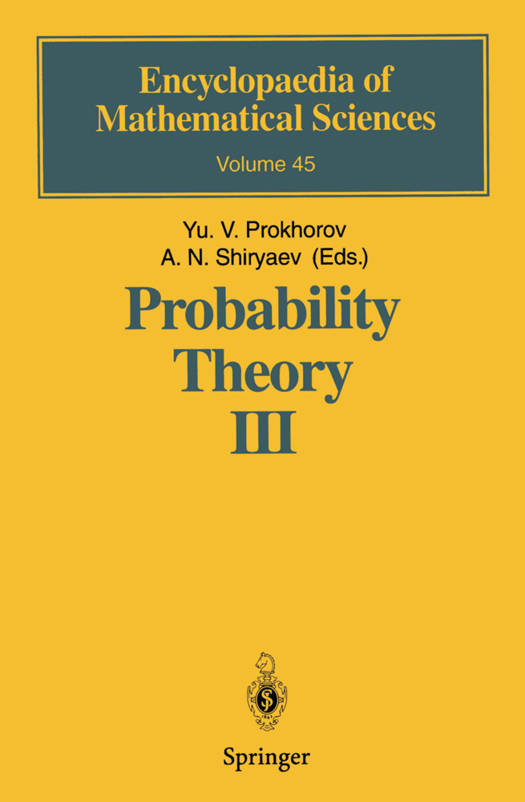
- Afhalen na 1 uur in een winkel met voorraad
- Gratis thuislevering in België vanaf € 30
- Ruim aanbod met 7 miljoen producten
- Afhalen na 1 uur in een winkel met voorraad
- Gratis thuislevering in België vanaf € 30
- Ruim aanbod met 7 miljoen producten
Zoeken
Omschrijving
Preface In the axioms of probability theory proposed by Kolmogorov the basic "probabilistic" object is the concept of a probability model or probability space. This is a triple (n, F, P), where n is the space of elementary events or outcomes, F is a a-algebra of subsets of n announced by the events and P is a probability measure or a probability on the measure space (n, F). This generally accepted system of axioms of probability theory proved to be so successful that, apart from its simplicity, it enabled one to embrace the classical branches of probability theory and, at the same time, it paved the way for the development of new chapters in it, in particular, the theory of random (or stochastic) processes. In the theory of random processes, various classes of processes have been studied in depth. Theories of processes with independent increments, Markov processes, stationary processes, among others, have been constructed. In the formation and development of the theory of random processes, a significant event was the realization that the construction of a "general theory of ran- dom processes" requires the introduction of a flow of a-algebras (a filtration) F = (Ftk:: o supplementing the triple (n, F, P), where F is interpreted as t the collection of events from F observable up to time t.
Specificaties
Betrokkenen
- Auteur(s):
- Vertaler(s):
- Uitgeverij:
Inhoud
- Aantal bladzijden:
- 256
- Taal:
- Engels
- Reeks:
- Reeksnummer:
- nr. 45
Eigenschappen
- Productcode (EAN):
- 9783540546870
- Verschijningsdatum:
- 25/11/1997
- Uitvoering:
- Hardcover
- Formaat:
- Genaaid
- Afmetingen:
- 156 mm x 234 mm
- Gewicht:
- 553 g

Alleen bij Standaard Boekhandel
+ 307 punten op je klantenkaart van Standaard Boekhandel
Beoordelingen
We publiceren alleen reviews die voldoen aan de voorwaarden voor reviews. Bekijk onze voorwaarden voor reviews.








